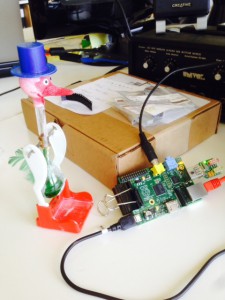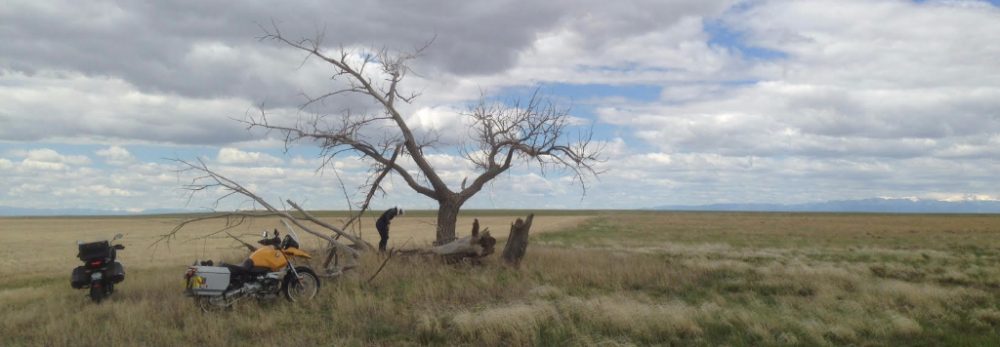This is going to be the first post in a series on how to setup an Echolink node using cheap hardware. Read more about Echolink here.
EchoLink allows licensed Amateur Radio stations to communicate with one another over the Internet, using streaming-audio technology. The system allows worldwide connections to be made between stations, or from computer to station, greatly enhancing Amateur Radio’s communications capabilities. There are more than 200,000 validated users worldwide — in 151 of the world’s 193 nations — with about 5,200 online at any given time.
The first thing we need to do is Install svxlink on a pi. These instructions assume you have a pi running already, and you can log into it with SSH.
Create the user “SVXLink”. The software will not compile corrctly without this user.
sudo adduser svxlink
Download and install the dependencies:
sudo apt-get install libgsm1 libgsm1-dev sigc++ libsigc++-1.2-5c2 libsigc++-1.2-dev libpopt0 libpopt-dev tcl8.4 tcl8.4-dev g++ subversion patch mutt libqt3-mt libqt3-mt-dev libqt3-headers libgcrypt11 libgcrypt11-dev libspeex1 libspeex-dev libboost-dev libasound2 libasound2-dev qt4-dev-tools cmake screen
Grab the source code.
sudo wget https://github.com/sm0svx/svxlink/archive/master.tar.gz
sudo tar xvf master.tar.gz
sudo rm master.tar.gz
Build and install SVXLink
cd /usr/src/svxlink-master/src
mkdir build
cd /buiild
cmake ..
sudo make
sudo make install
sudo ldconfig -v
Download sounds for your language:
cd /~
wget https://github.com/sm0svx/svxlink-sounds-en_US-heather/releases/download/14.08/svxlink-sounds-en_US-heather-16k-13.12.tar.bz2
tar xvf svxlink-sounds-en_US-heather-16k-13.12.tar.bz2
sudo mkdir /usr/local/share/svxlink/sounds/en_US
sudo cp -a en_US-heather-16k/* /usr/local/share/svxlink/sounds/en_US
Please note that this path is different than anything that I could find on the ‘net. If you’re getting warnings like
*** WARNING: Could not find audio clip "deactivating" in context "Default"
or
*** WARNING: Could not find audio clip "name" in context "EchoLink"
then you need to find where SvxLink is looking for these files. The easiest way to do this is search for the ‘events.tcl’ file.
updatedb
locate events.tcl
You should be able to start svxlink from the command line, but maybe you will get a bunch of errors. We need to modify the config file, which defaults in /usr/local/etc/svxlink. More on this in another post.

A fuzzy picture of a thirsty bird and my Pi. Note the binder clip which secures the SD card and the USB sound card.
